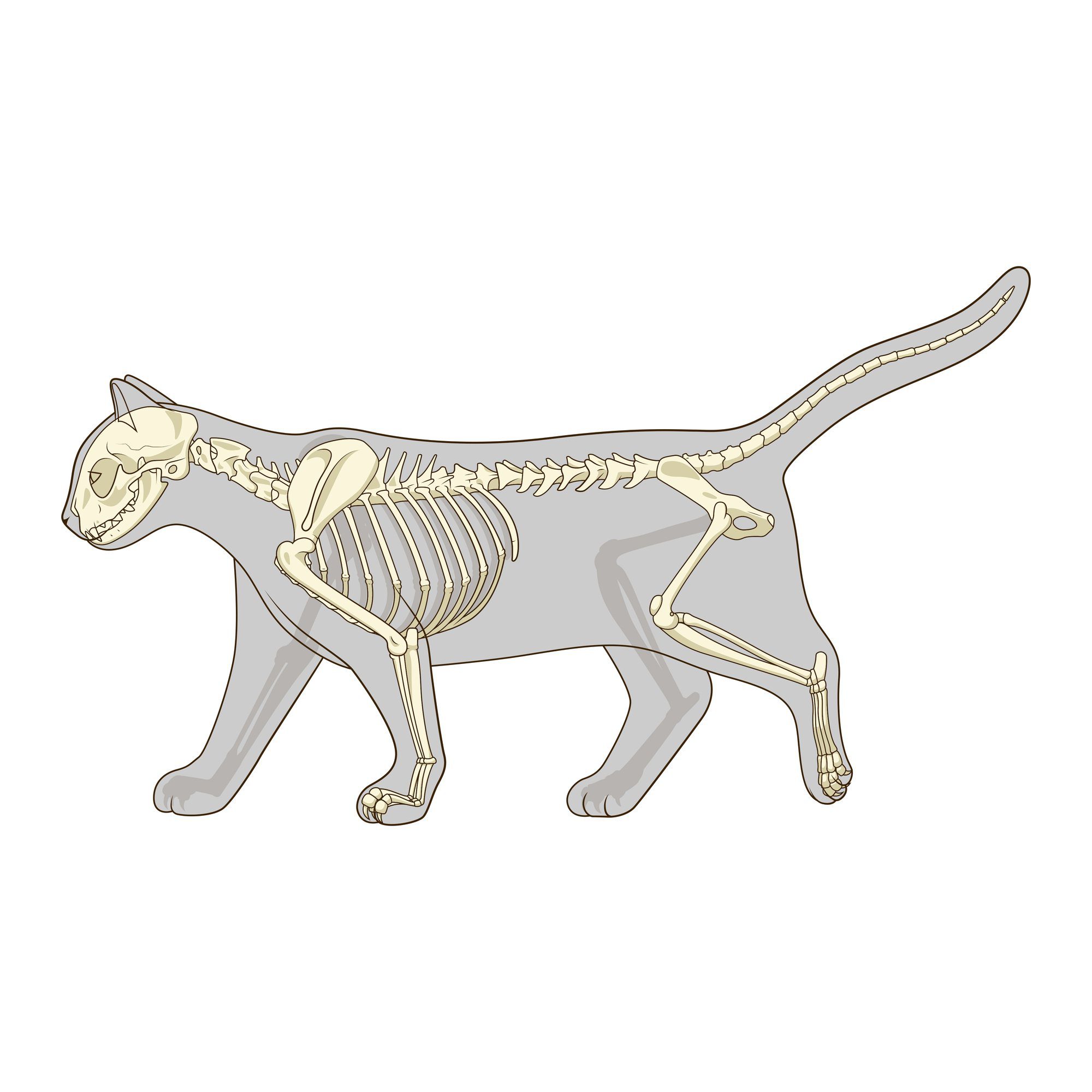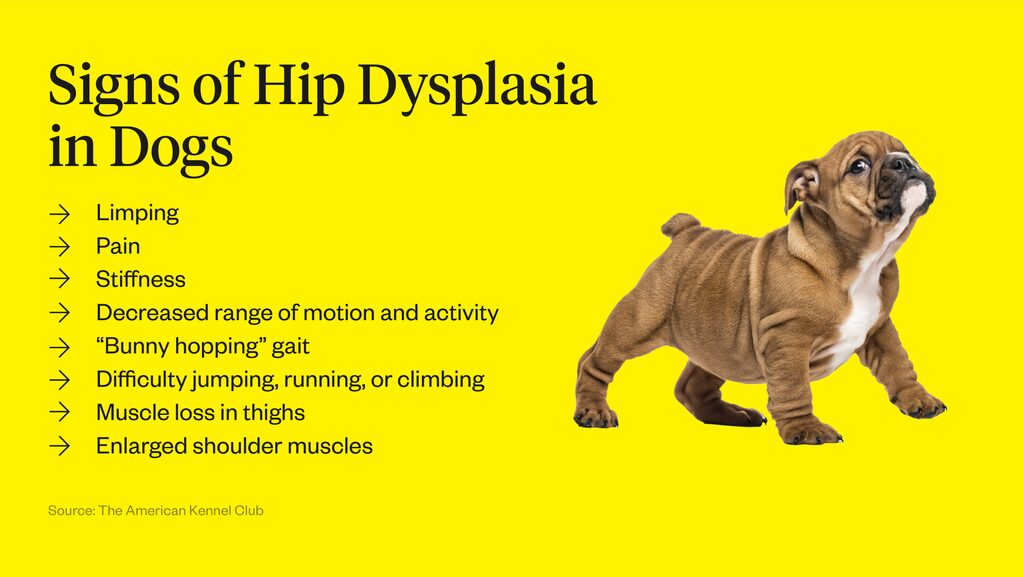Key Takeaways:
- Newfoundlands are large and powerful dogs, known for their gentle and friendly nature.
- They have a thick, water-resistant double coat that requires regular grooming to prevent matting.
- Newfies are natural swimmers and excel in water rescue activities.
- They are prone to certain health issues, such as hip dysplasia and heart problems, so regular vet check-ups are important.
- Training and socialization from an early age is crucial to ensure they grow up to be well-behaved and obedient dogs.
Are you ready to dive into the fascinating world of Newfoundland (Newfie) dogs? These lovable giants have so much to offer, and understanding their breed characteristics and care can bring immense joy and fulfillment to your life. Whether you're a dog lover looking for a new furry friend or simply curious about these gentle giants, exploring this topic is essential for anyone seeking a loyal and affectionate companion. So, let's embark on this journey together as we uncover the ins and outs of Newfoundland dogs, from their unique traits to the best ways to care for them. Get ready to be captivated by these incredible creatures and discover why they are truly one-of-a-kind!
Key Characteristics of Newfoundland Dogs
Newfoundland dogs are known for their gentle and friendly nature. They are large, muscular dogs with a thick coat that comes in various colors including black, brown, and gray. These dogs have a broad head with expressive eyes and droopy ears. One of the most distinctive features of Newfoundland dogs is their webbed feet, which make them excellent swimmers.
These dogs are incredibly strong and have a powerful build, making them well-suited for tasks like water rescue and hauling heavy loads. Despite their size, Newfoundland dogs are known for their calm and patient demeanor. They are great with children and other pets, making them wonderful family companions.
Size of Newfoundland Dogs: How Big Do They Grow?
Newfoundland dogs are one of the largest dog breeds out there. On average, male Newfoundlands can weigh between 130 to 150 pounds (59 to 68 kilograms) and stand about 28 inches (71 centimeters) tall at the shoulder. Females tend to be slightly smaller, weighing between 100 to 120 pounds (45 to 54 kilograms) and standing around 26 inches (66 centimeters) tall.
It's important to note that these measurements are just averages, as individual Newfoundland dogs can vary in size. Some may even exceed these ranges! When it comes to determining how big a Newfoundland dog will grow, genetics play a significant role. If both parents are large Newfoundlands, it's likely that their offspring will also be on the larger side.
Newfoundland Dogs and Their Amazing Swimming Abilities
Newfoundland dogs are natural-born swimmers with incredible swimming abilities. Their webbed feet provide them with extra propulsion in the water, allowing them to swim effortlessly. The thick oily coat of a Newfoundland acts as insulation, keeping them warm even in cold water. This makes them well-suited for water rescue work.
These dogs have a natural instinct to save people in distress in the water. They are strong enough to tow a person to safety and have been known to save many lives throughout history. Their large lung capacity also helps them stay afloat and swim long distances without tiring easily. It's no wonder they are often referred to as "lifeguard dogs"!
Grooming Tips for a Healthy Coat in Newfoundland Dogs
Maintaining a healthy coat is essential for Newfoundland dogs due to their thick double coat that can easily become matted if not properly cared for. Regular grooming is necessary to keep their fur clean and free from tangles.
To keep your Newfoundland's coat in top condition, here are some grooming tips:
- Brush their fur at least once or twice a week using a slicker brush or comb with wide teeth.
- Pay extra attention to areas prone to matting, such as behind the ears, under the armpits, and around the tail.
- Trim their nails regularly to prevent overgrowth and discomfort.
- Clean their ears weekly with a veterinarian-recommended ear cleaner.
- Bathe your Newfoundland occasionally using a dog-specific shampoo, making sure to thoroughly rinse out all the soap.
Suitable Exercise for Newfoundland Dogs: Keeping Them Active
Newfoundland dogs may be big, but they still require regular exercise to keep them happy and healthy. Engaging in physical activities not only helps maintain their weight but also stimulates their minds and prevents boredom.
Here are some suitable exercises for Newfoundland dogs:
- Take them for daily walks or jogs to provide them with regular exercise and mental stimulation.
- Swimming is an excellent activity for Newfoundland dogs, as it allows them to utilize their natural swimming abilities.
- Engage in games of fetch or tug-of-war to keep them active and entertained.
- Consider enrolling your Newfoundland in obedience training or agility classes to challenge their minds and improve their overall obedience skills.
Common Health Issues in Newfoundland Dogs: What to Look Out For
While Newfoundland dogs are generally healthy, they are prone to certain health issues that potential owners should be aware of. Regular veterinary check-ups are crucial for early detection and prevention of these conditions.
Here are some common health issues in Newfoundland dogs:
- Hip dysplasia: This is a condition where the hip joint doesn't develop properly, causing pain and mobility issues. Regular X-rays can help identify this condition early on.
- Heart problems: Some Newfoundland dogs may develop heart diseases such as dilated cardiomyopathy. Regular cardiac screenings can help monitor their heart health.
- Cystinuria: This is a genetic disorder that affects the urinary system, causing the formation of bladder stones. A special diet may be necessary to manage this condition.
- Obesity: Due to their large size, Newfoundland dogs can easily become overweight if not provided with proper nutrition and exercise. Monitoring their weight is essential for their overall well-being.
Caring for Your Newfoundland Dog: Proper Care and Nutrition Tips
Caring for a Newfoundland dog involves providing them with proper nutrition, regular exercise, grooming, and attention to their overall well-being.
Here are some care and nutrition tips for your Newfoundland dog:
- Feed them a balanced diet that is appropriate for their age, size, and activity level. Consult with your veterinarian to determine the best food for your Newfoundland.
- Ensure they have access to fresh water at all times, especially during hot weather or after exercise.
- Provide them with a comfortable and spacious sleeping area that accommodates their large size.
- Schedule regular veterinary check-ups to monitor their health and address any concerns promptly.
- Give them plenty of love, attention, and mental stimulation to keep them happy and fulfilled.
In conclusion, Newfoundland dogs, also known as Newfies, are large and gentle breeds with a thick coat that requires regular grooming. They are known for their loyalty, intelligence, and love for water activities. Taking proper care of them includes providing ample exercise, socialization, and attention to their grooming needs.
Are Newfoundland dogs high maintenance?
Newfoundlands have a reputation for rescuing both animals and humans from water. In the past, they were commonly used by fishermen. In summary, they have a strong affinity for swimming, which means they require regular maintenance when it comes to cleanliness.
Are Newfoundland dogs easy to take care of?
Newfoundland Care Newfies are highly motivated to work and protect. It is important to provide them with daily exercise, proper training, and socialization to ensure they behave well. Additionally, their thick coat requires regular grooming.
What are the pros and cons of owning a Newfoundland?
Here are three advantages and disadvantages of owning this strong breed that is both a great working and guarding dog. The Newfoundland can be difficult to handle due to its size and strength. However, it is also a loving companion that is suitable for both adults and children. Unfortunately, this breed is prone to various health problems, which can negatively impact its lifespan.
Is a Newfoundland a good family dog?
A Newfoundland dog is an excellent choice for a family pet because of their kind temperament and gentle behavior towards children and small animals. However, it is important to supervise children when playing with any dog, including Newfoundlands, as their large size could accidentally knock over a small child.
Is a Newfoundland a good dog for seniors?
If you prefer a larger dog, it may be worth considering a gentle giant breed such as a Newfoundland or Great Dane, despite small dogs being generally easier to manage. These larger breeds are known for their relaxed temperament and lower energy levels. In fact, some of them may even want to share the couch with you.
Do newfies like to cuddle?
Newfoundlands are known for their gentle and friendly nature, making them the perfect cuddle companions when it's time to relax. Despite their large size, they are not prone to aggression or biting.
















